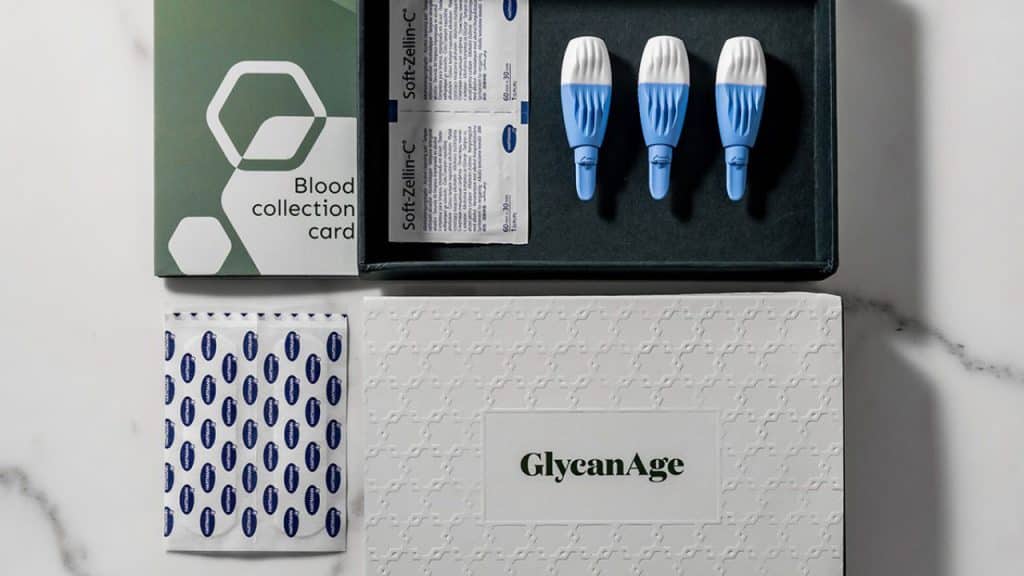Inflammation is a word that gets thrown around a lot when we talk about aging. It can be a destructive force, wearing down the body until it no longer works properly. It’s also an essential part of fighting off infection and healing from injury. That means that being able to assess our levels of inflammation and how they impact our biological age is vital (https://longevity.technology/lifestyle/glycanage-gives-you-a-guide-to-health-interventions-that-work-for-you/).
When we’re invaded by bacteria or viruses, our immune system responds, and a big aspect of that response is inflammation. Yes, it can lead to red and swollen body parts. Yes, it can cause pain. The strength of the reaction may hurt us, but it hurts the invaders more. It’s the price we pay to heal.
Most of the time, this immune response is an acute reaction that won’t last for long. Once the invaders have been defeated, your body returns to normal. Sometimes, however, especially when we’re older, it’s not so easy to recover. The inflammation may be at a low level, but it’s chronic. This is what causes the long-term health problems that are often associated with age.
The trouble is that if this inflammation is so apparently mild, sometimes to the extent that it’s not even noticeable, how can we measure its impact on our health? Inflammation is one of the things that can make our biological age differ from our chronological age. We need a way to analyze it. Now one company is hoping that glycans may provide the answers we need.
Glycans are a kind of sugar molecule surrounding proteins that you can find on most cells. Among their many roles is a function in the body’s immune response, particularly in regulating inflammation. Glycans aren’t static. They can change based on our environment, our lifestyle and our genetics. This means that aging can have a profound effect on them. They may start allowing or even encouraging low-level inflammation a decade before you show any symptoms.
That’s where the new test comes into play. GlycanAge is one of the first attempts to measure and evaluate our pro- and anti-inflammatory markers through glycans. It’s done with a spot of blood and a questionnaire, and early results suggest it may be able to analyze our biological age just as accurately as other methods. You just need a clinician to explain the results and recommend any necessary lifestyle changes.




